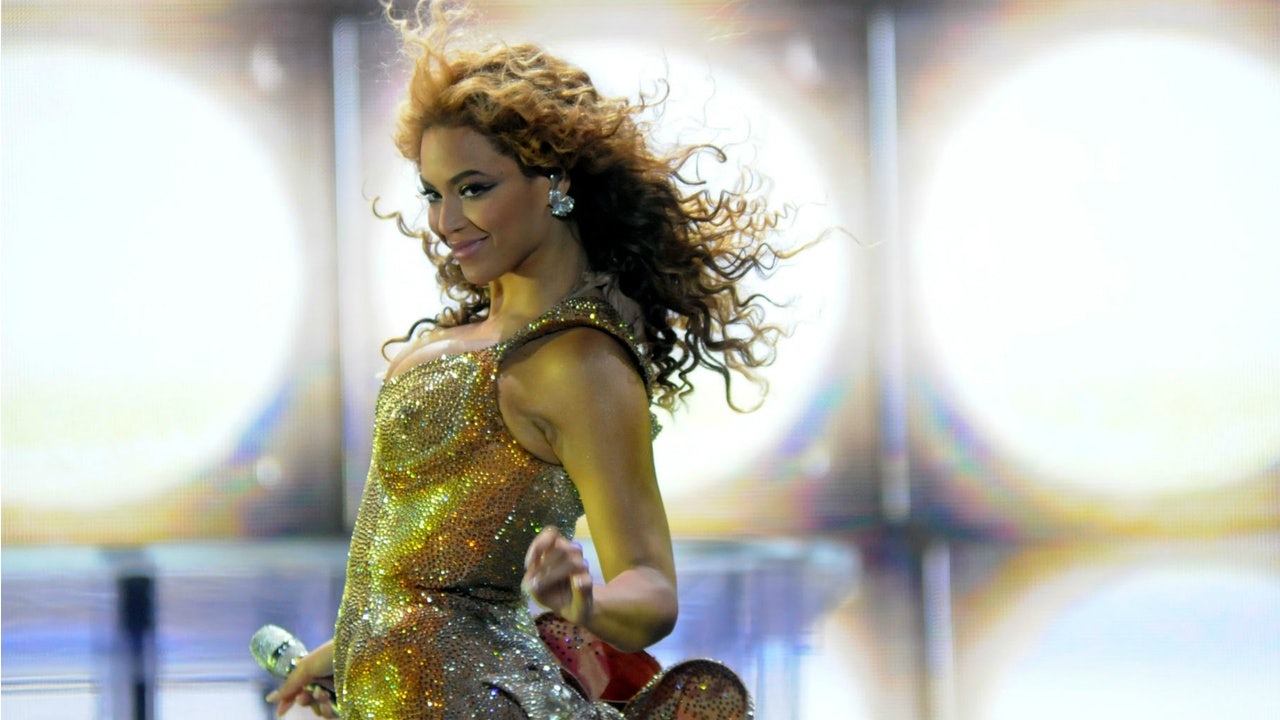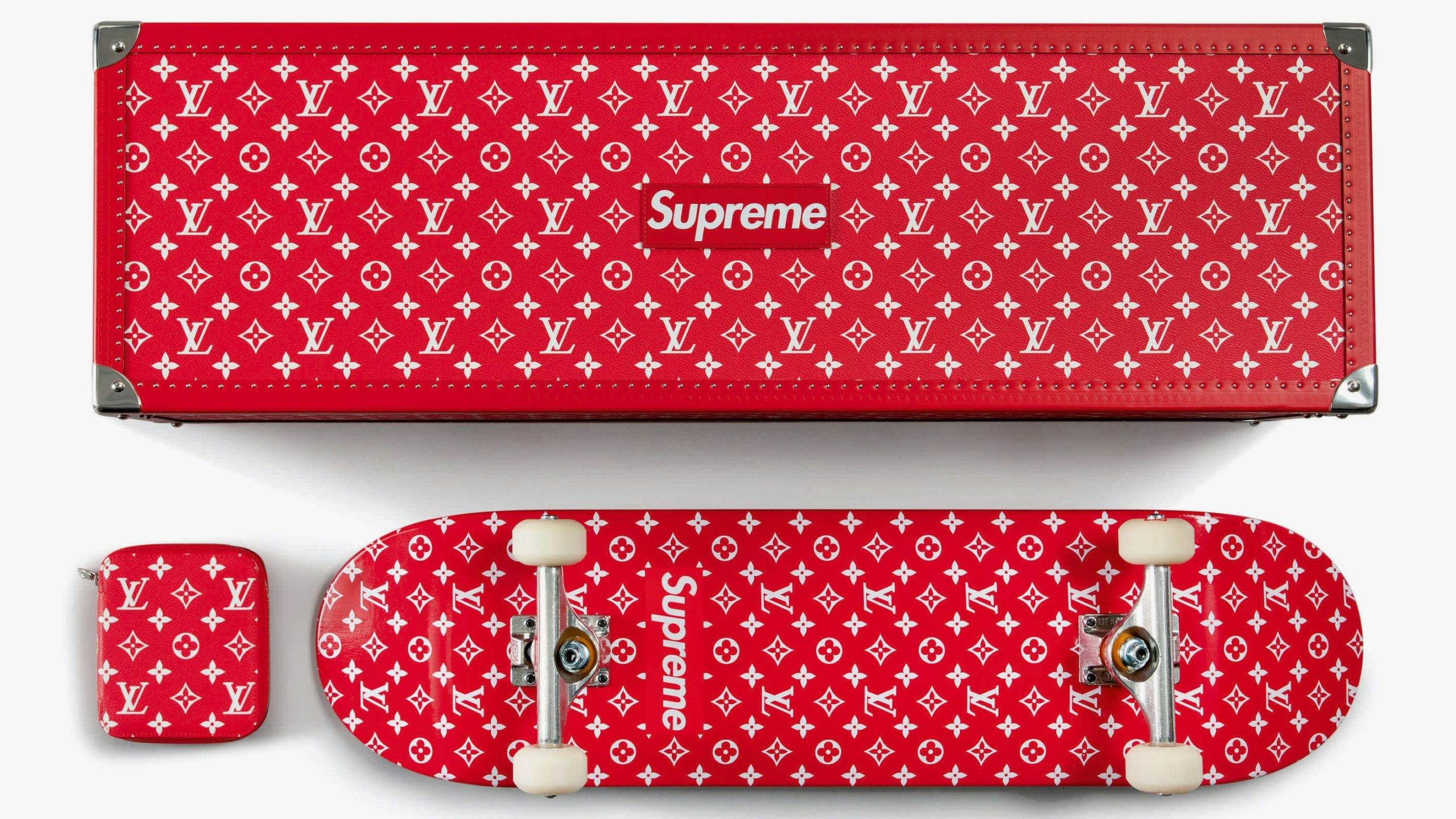Key Takeaways:#
Hip hop was an unpaid megaphone for luxury brands for long. Now artists are working together with brands, enabling them to stop being on the backfoot on issues of race and diversity.
LVMH elevating Virgil Abloh as a group-wide artistic director and appointing power couple Jay Z and Beyoncé as Tiffany ambassadors is capturing swiftly the current cultural zeitgeist.
The next step must be to go further in terms of diversity and inclusion within the corporations themselves.
I grew up in Manhattan in the 70s, a decade that ended with my siblings and me listening to “Rapper’s Delight” by the Sugarhill Gang non-stop. That song came out exactly 42 years ago with hilarious lyrics from one singer boasting he had “more clothes than Muhammad Ali and dressed so viciously.” Brands were not mentioned — except for car brands — but some themes were common to those current day rappers allude to: making it big, going from rags to riches, being the center of attention, notably, with women. 1970s lyrics were lighthearted for sure relative to gangsta rap from the 80s, the East Coast-West Coast rivalry from the 90s, and more recent developments.
Meanwhile, luxury brands have been quoted constantly over the past few years, from Gucci to “Louis,” Fendi to Balenciaga and more and hip-hop artists, like wealthy consumers, use brands as a vehicle to tell the world they have succeeded. While rap put forward luxury names, the brands themselves did not associate much with the artists until recently. Why? Possibly a form of prejudice. Likely a fear of being exposed to illegal matters: two of the biggest icons Tupac Shakur and Biggie were shot dead in the 90s; Snoop Dogg was tried for murder and drug possession. Most probably a lack of understanding that communities who listen to hip hop likely overlap with those who aspire to purchasing luxury goods.
Hip hop’s image and its reach has become way more mainstream and many early influencers have become successful entrepreneurs like Dr Dre, who sold Beats to Apple for a sweet USD3bn, Sean Combs, aka P. Diddy, or Jay Z who have built corporate empires with clothing, Champagne and a whole lot more; again Snoop Dogg who seems to have a Midas touch from 2020 Tokyo Olympics commentator to co-founder of a strawberry-infused California style gin and of course, Rihanna, in the news this summer for having become a billionaire, the bulk of her wealth coming from, you guessed it, her LVMH-managed Fenty Beauty brand — not music.
If you like it, then you shoulda put a ring on it#
In an interesting twist in which luxury brands wake up and give back, Gucci’s latest Aria collection, which launches in the fall, was supported by a score including only rap tunes using the word Gucci in the lyrics. Moreover, Gucci itself has become an adjective for good (as in “How’s it going? I’m Gucci, man”), a very telling development on how rap culture can help boost positive connotations. Tiffany just used the “N.Y. State of Mind” track from New York’s own NAS, a 1994 hit that never gets old, in its launch video for its new Knot collection highlighting all the diversity of the brand’s roots in the Big Apple, with the hashtag “KnotYourTypicalCity.”
https://www.youtube.com/watch?v=i4RdvlnKwwk&ab_channel=Tiffany%26Co.
Speaking of New York icons, Tiffany has also announced it was teaming up with rap royalty by engaging Brooklyn-born Jay Z (who sold 50 percent of his “Ace of Spades” Champagne to Tiffany’s shareholder LVMH) and Beyoncé as brand ambassadors. You thought having the former Louis Vuitton head of international run Tiffany was smart? Having Bernard Arnault’s own son look after product and communication was bold? Pinching Cartier’s head of design was cunning? Forget it, this is huge! Hands down the power couple in entertainment — sexy, incredibly affluent and at the same time almost relatable. By putting a ring on them, Tiffany — like for many things since LVMH took over eight months ago — will undoubtedly get powerful traction.
And finally, one of the most written about announcements of the summer for luxury is somewhat related: the purchase by LVMH of a majority stake in Virgil Abloh’s Off-White brand and the willingness of the group to use his talents around the group. Abloh is not a rap artist — though he is a gifted DJ and has been close to Kanye West — but he brings to luxury what some hip-hop artists might be sought for as well: a sense of the street, the evolving culture in the US and abroad, and a unique way to capture the current zeitgeist. He also happens to be one of the rare black executives in an industry which is struggling to gradually be a better mirror of its consumers: diverse, young, and plugged in.
Erwan Rambourg has been a top-ranked analyst covering the luxury and sporting goods sectors. After eight years as a Marketing Manager in the luxury industry, notably for LVMH and Richemont, he is now a Managing Director and Global Head of Consumer & Retail equity research. He is also the author of Future Luxe: What’s Ahead for the Business of Luxury (2020) and The Bling Dynasty: Why the Reign of Chinese Luxury Shoppers Has Only Just Begun (2014).

